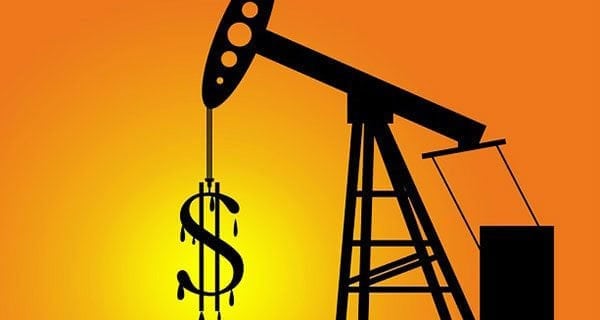Data released on Tuesday by ATB Financial’s economics and research team sheds some new light on the price of oil.
“Imagine if the average price of a new car went from $41,230 in October to $5,740 in December and then back up to $53,250 in April. The auto sector would be sent reeling,” said The Owl, the financial institution’s daily economic update.
“This is essentially what happened to the price of Western Canadian Select (WCS) crude. Transportation bottlenecks and U.S. refinery outages caused the average monthly price of WCS to collapse at the end of last year, falling from $41.23 a barrel in October to just $5.74 in December (all prices in U.S. dollars). Production curtailments imposed by the province helped prices recover. WCS averaged $53.25 in April, an increase of 828 per cent compared to December’s $5.74.”
ATB said the difference between a barrel of West Texas Intermediate crude and WCS went from an average of $45.48 in November to just $10.64 in April.
“Even with the improvement in the price of WCS, the hangover from the price plunge and the lack of pipeline capacity that helped bring it on has depressed drilling activity. At the same time, the differential of just $10 has thrown a wrench into the economics of transporting bitumen by rail,” it said.
“The speed and magnitude of these fluctuations stand out, but large swings in the price of our main export are par for the economic course in Alberta. … While often challenging, it points to the incredible resilience and adaptability of the businesses that form Alberta’s oil gas industry.”
– Mario Toneguzzi for Calgary’s Business
The views, opinions and positions expressed by columnists and contributors are the author’s alone. They do not inherently or expressly reflect the views, opinions and/or positions of our publication.


